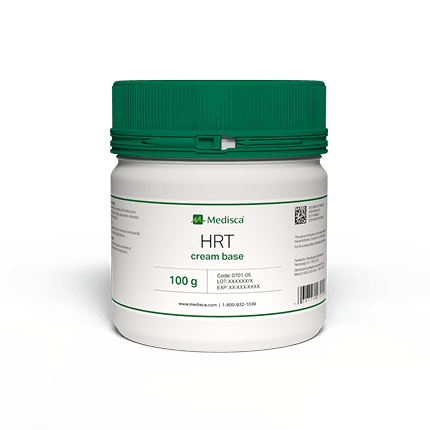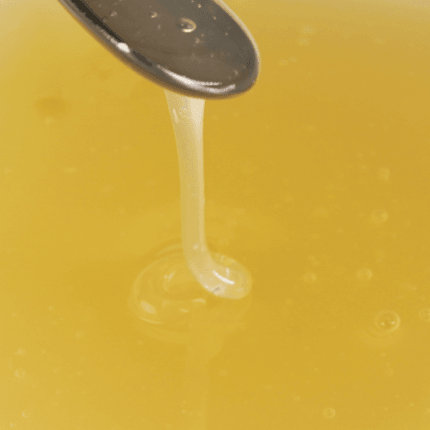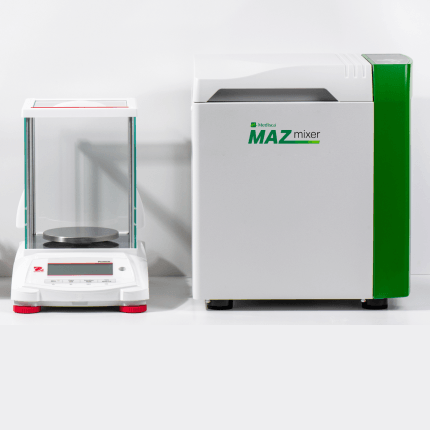Skin care
practical tools, and trusted resources so you can
work with confidence and compliance.
The future of skin
care is personalized
Skin conditions are among the most common health concerns, with acne affecting nearly 50 million Americans each year¹ ² and disorders such as eczema, psoriasis, and seborrheic dermatitis impacting millions more. While mass-produced or over-the-counter treatments are widely available, they often fall short and can sometimes cause additional irritation.
Compounded skin care offers a different approach, giving dermatologists and pharmacists the ability to personalize treatments by adjusting ingredients, strengths, and delivery methods to address each patient’s unique needs. With Medisca as your dermatology compounding partner, you have the tools and resources to deliver better outcomes and healthier skin, one patient at a time.

Shop by form
Access resources
Unlock 10,000+ formulas, complete with calculation tools, preparatory steps, ingredient sensitivities, and more. Backed by the latest research, these resources ensure efficient, confident compounding.
Shop chemicals
Base
favorites

HRT cream base is a rich, oil-in-water emulsion that offers broad API compatibility and supports efficient dermal absorption. Its smooth texture, non-comedogenic profile, and paraben-free composition make it a reliable choice for a wide range of topical formulations.
Equip your
pharmacy lab
Elevate your expertise
Stay up to date on the latest in skin care compounding with LP3 Network, a global leader in pharmaceutical compounding and healthcare education.
Explore more specialties
Speak to an
expert today
From regulatory compliance to expertise, we provide tailored solutions to elevate your compounding practice.
References
- American Academy of Dermatology. (2024). Skin conditions by the numbers. Retrieved from https://www.aad.org/media/stats-numbers
- Bhate, K., & Williams, H. C. (2013). Epidemiology of acne vulgaris. British Journal of Dermatology, 168(3), 474–485. https://doi.org/10.1111/bjd.12149






.png&w=3840&q=90)

.png&w=3840&q=90)













